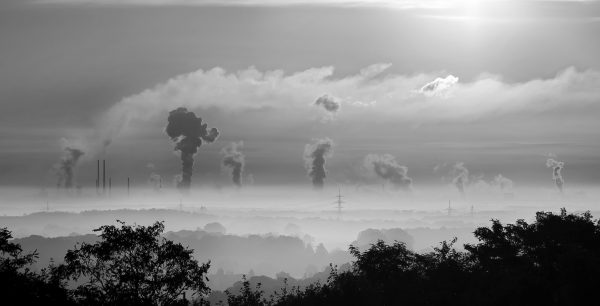Why the industry must be an active force in driving change
“Sustainable investment is about the responsibility and potential the real estate industry holds to reach climate and environmental sustainability targets. In a rapidly urbanising world, the real estate industry has a critical role and increasing responsibility to act as a catalyst to reach climate and environmental sustainability targets. Investors, occupiers, cities as well as governments can and have to play a key role to achieve a reduction of greenhouse gases in the context of the construction and operation of real estate.”1
The World Bank estimates that the real estate sector must
reduce CO2 emissions by 36% before the year 2030 in order
to prevent global warming from going beyond a 2°C increase. This is the target set by the Paris climate conference in 2015
that 195 countries have signed on to. If the world fails to keep global warming below this threshold, disastrous results are predicted including increasing natural disasters, rising sea levels, the spread of diseases, scarcity of food and fresh water, and displaced refugee migration that makes today’s migration seem minor by comparison. The United Nations Intergovernmental Panel on Climate Change (IPCC) estimates that a 1.5°C average rise may put 20-30% of species at risk of extinction. Indeed the headlines on 6 May declare that 1m species are threatened with extinction according to a new report by the United Nations. And humans will suffer the results.2 Increasing frequency of extreme-weather events like storms and floods will have a major impact on economies and investment as well as real estate property values and returns.
The World Economic Forum states in their report ‘Environmental Sustainability Principles for the Real Estate Industry’, that the real estate sector consumes annually over 40% of global energy p.a., that buildings originate 20% of global greenhouse gas emission, and use 40% of raw materials globally (World Economic Forum, 2016).
Governments and cities around the world are rushing to establish new policies in an attempt to mitigate the long-term harmful effects of climate change. Because buildings are such a major contributor to global energy consumption as well as greenhouse gas emissions, the real estate industry will be a prime target for new legislation and regulation. It is in the industry’s interest to attempt to preempt forced changes by adopting new building techniques and practices that promote conservation and sustainability. While the industry has been moving in this direction for a long time with the institution of many green building initiatives such as LEED (US), Energy Star (US), BREEAM (UK), CASBEE (Japan), DGNB (Germany), and the SB Alliance (uniting different standards), new building construction as well as the retrofitting of existing buildings still has a very long way to go.

























